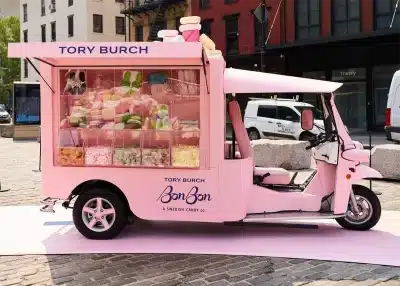
New Year, New Opportunities: How Promotional Trucks Can Transform Your Marketing in 2026
As 2026 kicks off, brands across the country are looking for fresh, high‑impact ways to stand out in a crowded marketplace. Not only is traditional
Hosting any type of event— a conference, seminar, workshop, or something else— needs a proper plan. Successful event marketing is the most effective channel for achieving business goals. But, what’s the difference between a good experience and a great one? Here are the five fundamentals of successful event marketing that will transform your brand’s awareness and reach with consumers.
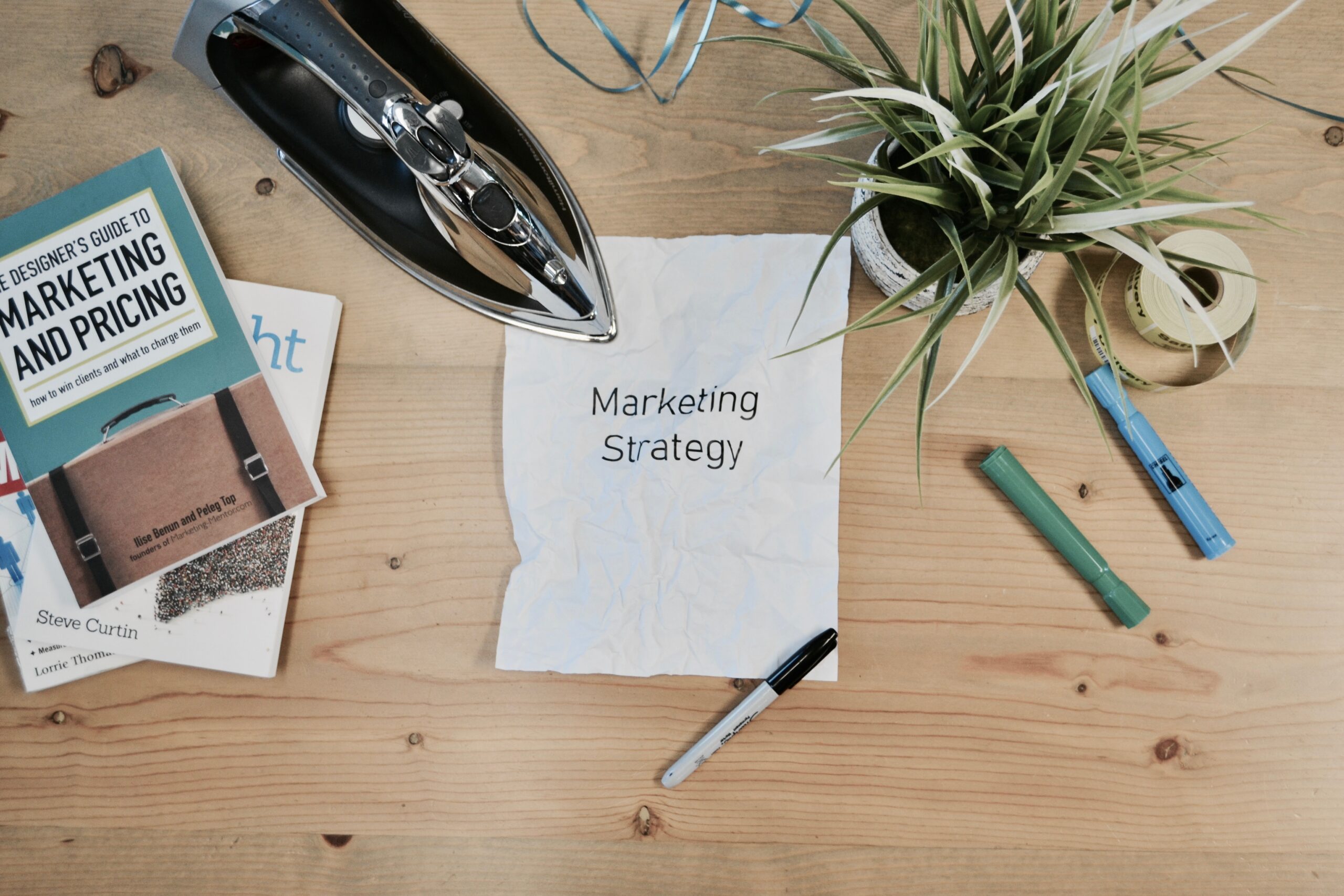
Event marketing— at its core— is the promotional strategy of a brand, product, or service. It’s a tactic that involves in-person, face-to-face interactions. Every event, however, is different; it has various audiences, content, and values. For example, brands can use event marketing to build relationships or educate consumers. But, regardless, successful event marketing leverages the power of live experiences to achieve brand goals.
Successful event marketing always needs a reason to exist. Therefore, it’s critical to know its primary purpose. Once you understand that, you can better plan and properly allocate your resources. To achieve maximum success, ask yourself these two questions before you begin:
Answering that last question leads us to the next fundamental of successful event marketing. Take a step back and think like a consumer. Look at your event from the consumer perspective. Often, there are compound motivations for attending an event, but they’re all equally valid. For you as an event marketer, it’s your job to figure out ways to appeal to these competing rationales. Why? Aside from the fact that 82% of marketers believe audience engagement is an important KPI for success, attendees will disengage if your event’s purpose is unclear. In a hyper-media ecosystem, audiences are savvy and disinterested in spending time looking for a reason to attend an event if the advantages aren’t clear. On the flip side, if you offer them benefits to invest in your brand or solutions to their problems, they’re more likely to take notice.
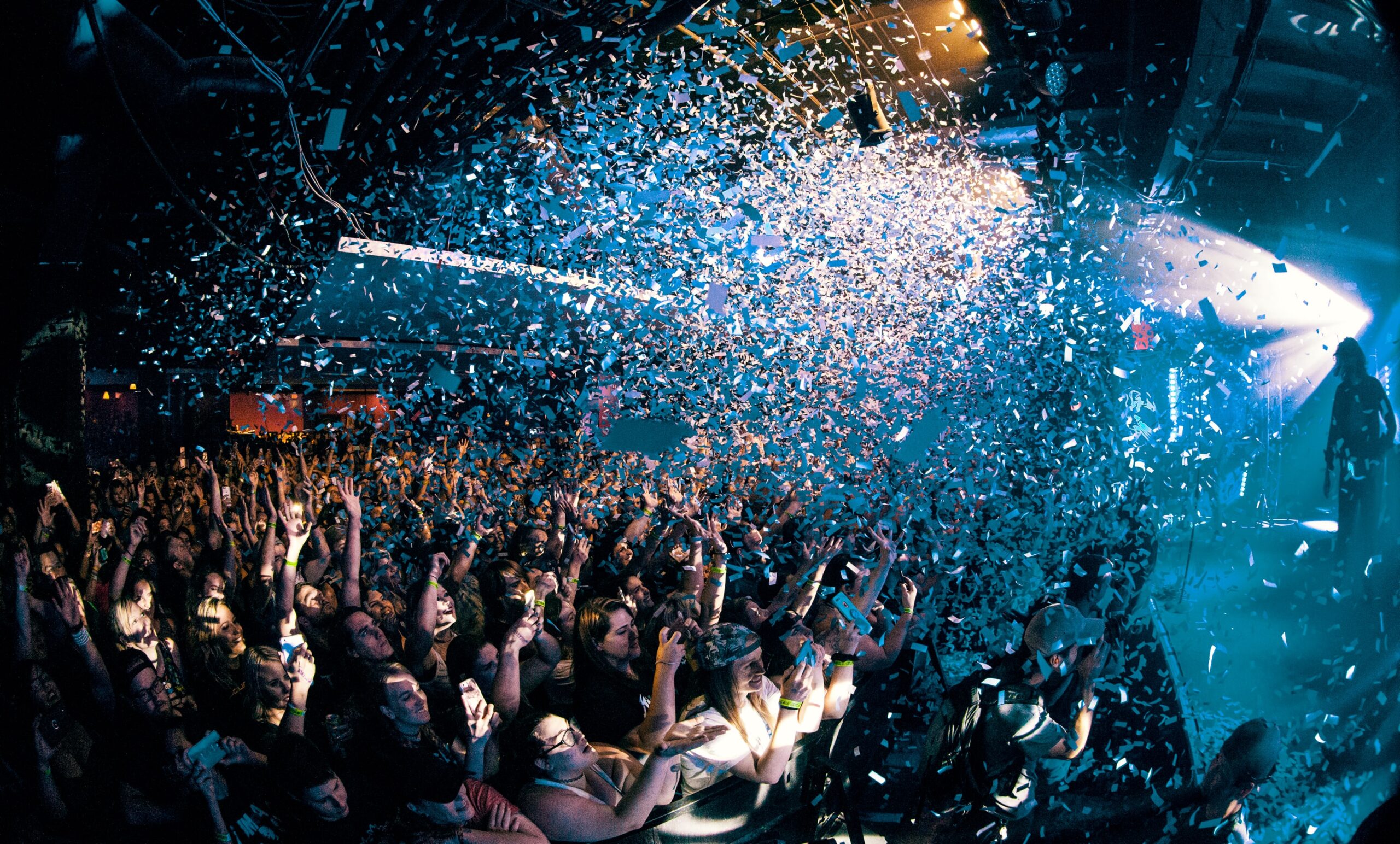
More and more, marketers are turning to unique locations to launch successful event marketing that stands out. But there should always be an alignment between your brand’s values, your audience’s expectations, and your event’s goals. Having said that, demand for non-traditional spaces is on the rise. So, let’s look closer at some of the benefits of unique venues:
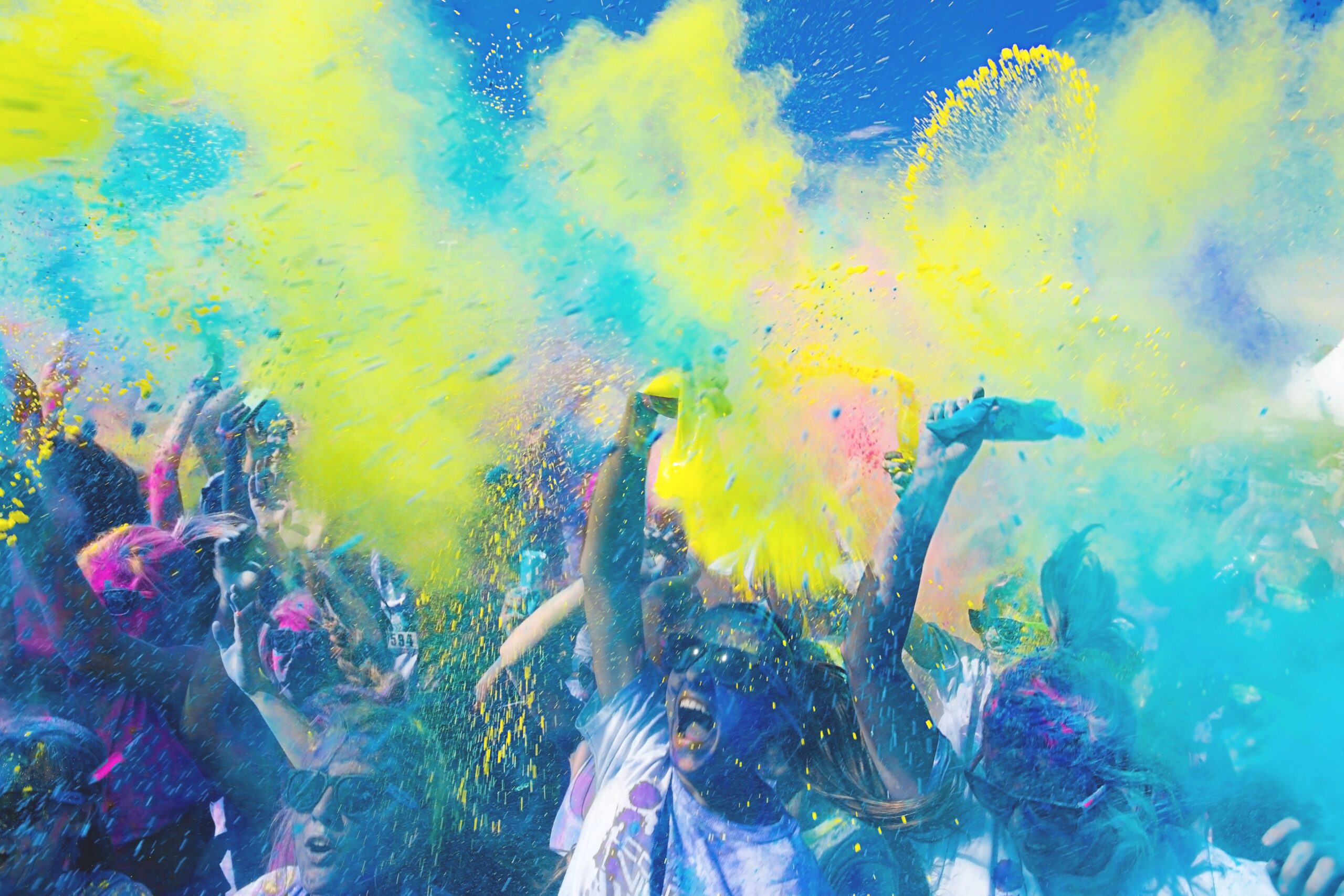
Now that you have defined goals, understand your audience’s wants and needs, and have a unique venue in mind, it’s time to draft a detailed plan. This will help you stay on track, execute efficiently, and achieve your event’s goals. But when should you start creating your plan? Depending on its size and complexity, it’s crucial to start as early as possible, so you have time to understand logistics, requirements, and necessary actions. Your plan should also be fluid, meaning it should hold up to revisions that will likely happen during the planning process.
Along with a solid and sturdy plan, successful event marketing also depends on the right timing. What does that mean? Several factors to consider include; weekdays vs. weekends, holidays, event type, and location. As you progress through your plan, mark significant milestones and critical deadlines, so your plan is always current and updated.
No matter how much planning you put into your event, if it’s boring, you’ve lost the war before it even started. Creating compelling content that captivates your audience increases engagement. For example, when German luxury goods brand MCM wanted to promote its Global Creative Platform, they partnered with street artist SAMBYPEN to launch an experiential marketing pop-up. Recognizing South Korea’s youth culture and Berlin’s dynamic street art scene, the MCM x SAMBYPEN campaign blended the artist’s graffiti style into the brand’s apparel and accessories.
MCM invited consumers in New York and Los Angeles to immerse themselves in the collection in a multi-city experiential marketing mobile tour. Using a branded food truck, attendees received complimentary cups of La Colombe coffee and sweets from LA’s Sprinkles Cupcakes and cookies from NYC’s Chip City. As brand ambassadors showcased ready-to-wear items displayed on the food truck, MCM executed successful event marketing using a non-traditional platform that added value for its target audience.
The benefits of event marketing are far-reaching. They give your brand the ability to increase awareness, visibility, engagement, and— of course— sales. In addition, your brand can boost its presence on social media and in the press. When you tap into the fundamentals of successful event marketing, you can turn target audiences into loyal customers. So, give them something special with an event that can be enjoyed, shared, and remembered.

As 2026 kicks off, brands across the country are looking for fresh, high‑impact ways to stand out in a crowded marketplace. Not only is traditional

With COVID-19 affecting our face-to-face interactions, virtual events have become the new way to execute experiential marketing events. Check out how you can implement well-executed
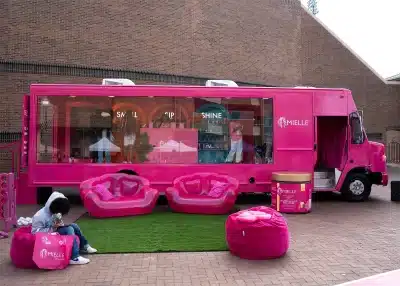
In today’s fast-paced marketing landscape, brands are constantly searching for innovative ways to engage audiences and leave a lasting impression. Traditional advertising channels still have